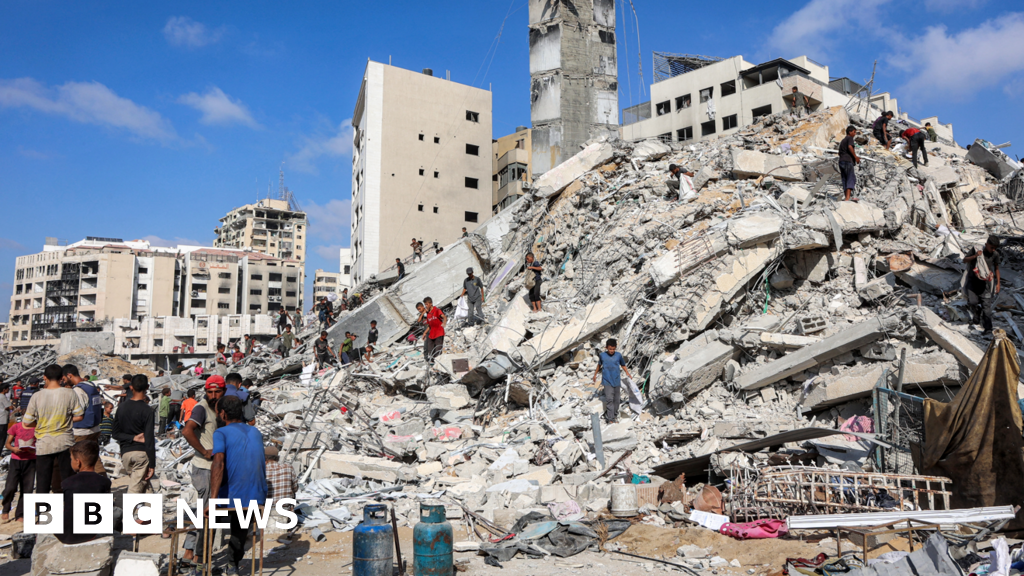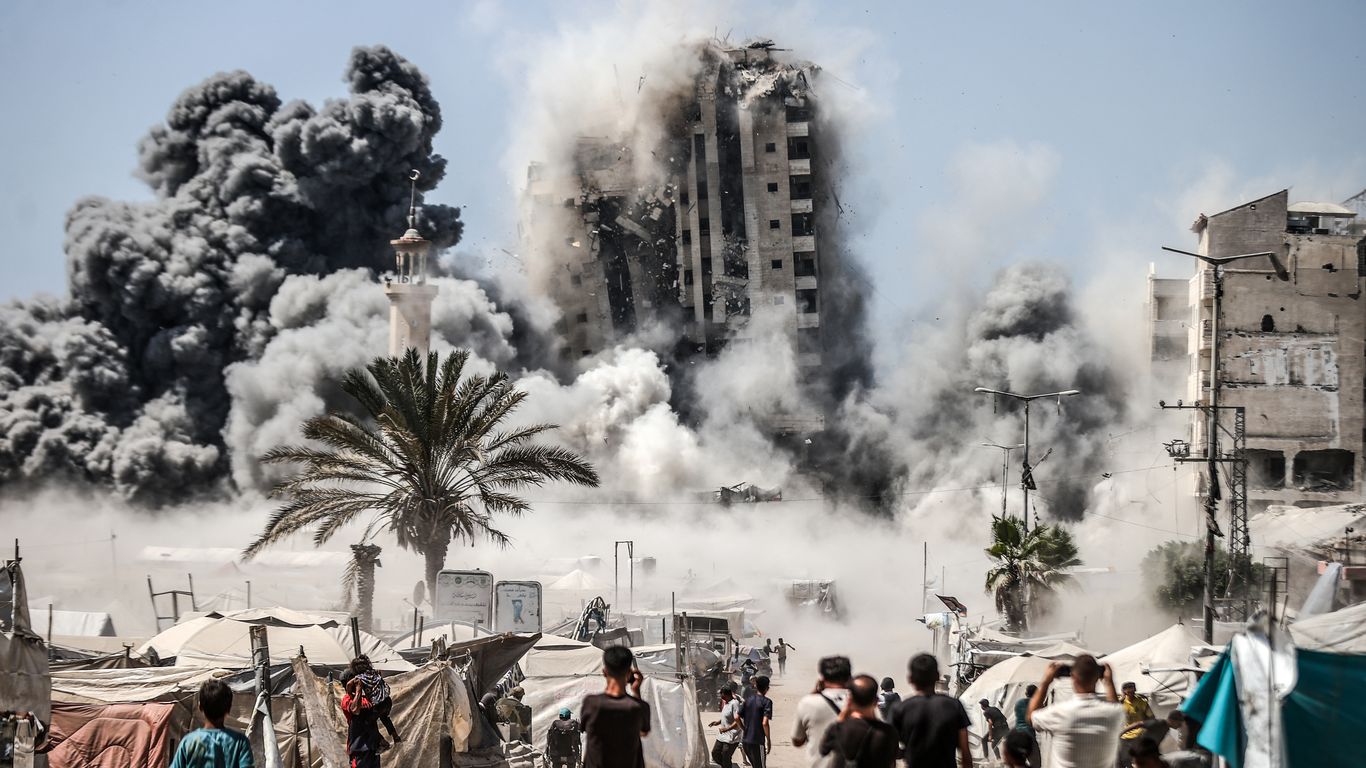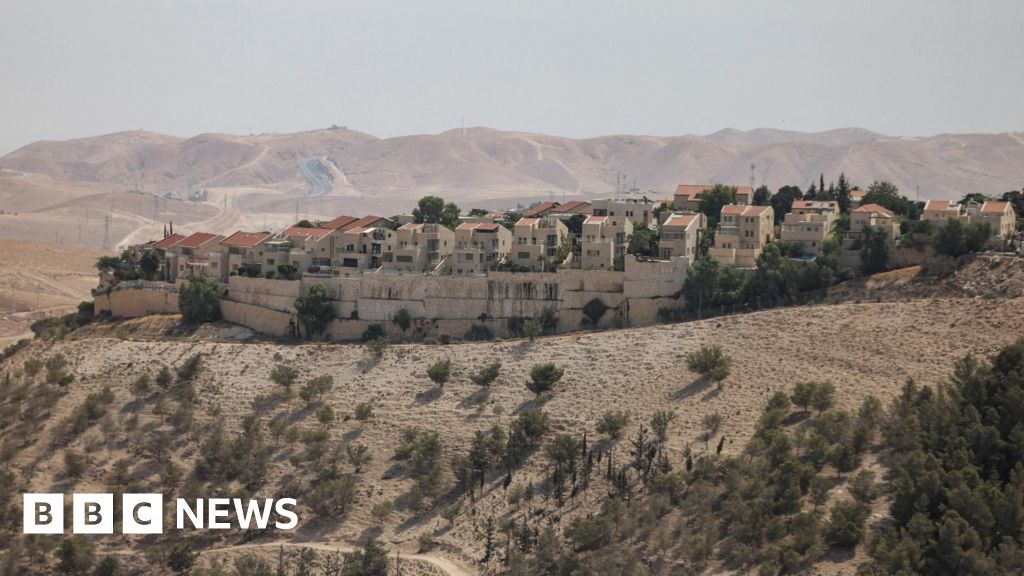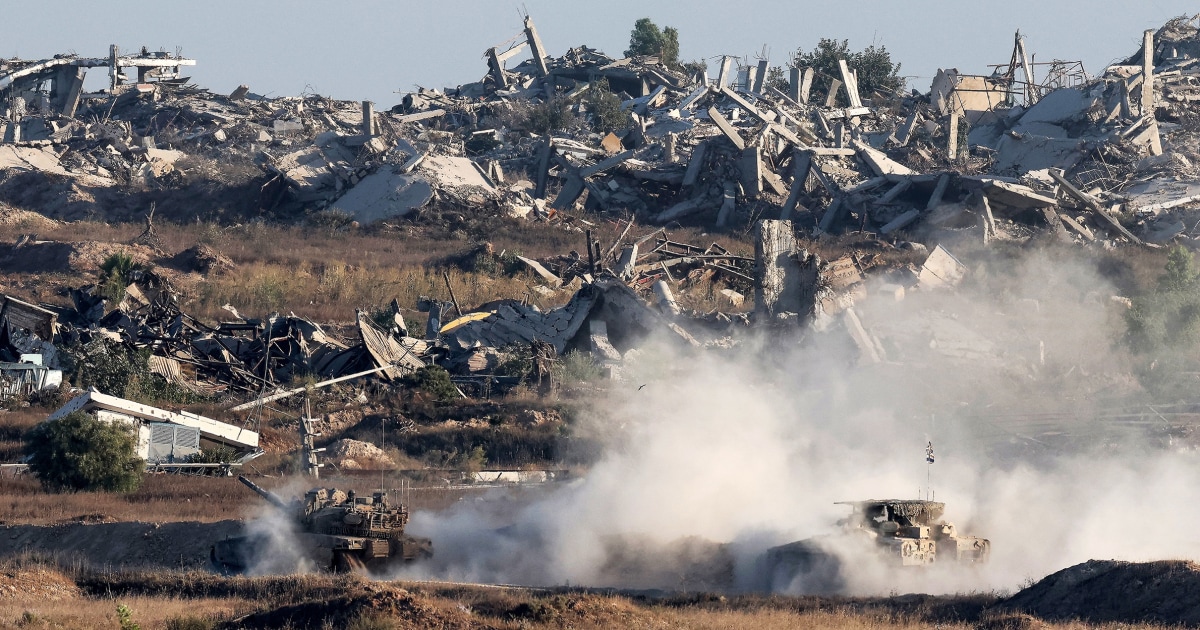Houthi Drone Attack on Israeli Airport
Introduction
On Sunday, the Israeli military reported that a drone launched by Yemen's Houthi group had hit near its southern airport, causing the closure of airspace and halting flights. This attack is the latest in a series of drone strikes carried out by the Houthi rebels, who are engaged in a conflict with the Saudi-led coalition in Yemen. The attack involved multiple drones, with at least one striking the passenger terminal of Ramon International Airport in the southern city of Eilat.
Key Details
The Houthi rebels have been using drones to target Saudi Arabia and its allies, including Israel, in retaliation for the ongoing conflict in Yemen. This latest attack on Israel's airport is a cause for concern as it demonstrates the group's expanding capabilities and reach. The Israeli military has stated that they were able to intercept and shoot down some of the drones, but one managed to hit its target, causing damage to the passenger terminal.
Impact
The attack on Israel's airport has caused significant disruptions, with flights being halted and airspace being closed. This has not only affected the travelers and the airport's operations, but it also raises security concerns for the country. The use of drones in conflicts and acts of terrorism is a growing threat, and this incident highlights the need for increased security measures and anti-drone technology to protect against such attacks in the future.
The **Israel Defense Forces (IDF)** is the military organization of Israel, encompassing the army, navy, and air force, established in May 1948 shortly after Israel declared independence[1][6]. Its primary mission is to defend Israel from external threats, stemming from the country's unique geopolitical situation surrounded by often hostile neighbors. The IDF's operational doctrine emphasizes rapid mobilization of overwhelming force to decisively defeat enemies, reflecting a strategic imperative that Israel cannot afford to lose a war[1][3].
The IDF's structure is distinctive for its integration of land, air, and sea forces under a unified command, along with compulsory conscription that includes both men and women[2]. It comprises specialized units such as the elite Sayeret Matkal (special reconnaissance), Shayetet 13 (naval commandos), and paratrooper brigades, alongside conventional combat brigades like Golani and Nahal[5]. The force maintains a relatively small standing army (around 125,000 active troops, many conscripts) but relies heavily on a well-trained reserve force and advanced intelligence capabilities for early warning and operational planning[1][4].
A key feature of the IDF is its advanced technological integration, including cutting-edge missile defense systems like the Iron Dome and Arrow, and collaboration with U.S. defense industries on platforms such as the F-15 fighter jet[2][4]. Israel’s military industries, including Rafael Advanced Defense Systems and Elbit Systems, contribute significantly to indigenous innovation in defense technology, impacting both national security and the global arms market[2].
Strategically, the IDF focuses on deterrence, early intelligence, comprehensive defense across land, sea, air, and cyber domains, and swift victory in conflict[3]. Its doctrine balances the need to counter conventional state actors and asymmetric threats like terrorism. The IDF’s influence extends beyond defense, shaping Israeli society, economy, and technological advancement, making it a pivotal institution in business and technology contexts. ## Overview
The Houthi movement, officially known as Ansar Allah (“Defenders of God”), is an Islamic fundamentalist group rooted in the Zaydi Shiite community of northern Yemen[2]. It emerged in the 1990s as a resistance movement against perceived corruption and foreign influence, particularly targeting then-President Ali Abdullah Saleh and the growing Saudi Arabian presence in Yemen[1][3]. The group is named after its founder, Hussein Badr al-Din al-Houthi, a charismatic Zaydi activist and politician who served in Yemen’s parliament before turning against the government[2][4].
## History and Rise to Power
The Houthis’ origins are deeply tied to the marginalization of the Zaydi minority after the overthrow of the Zaydi imamate in 1962[2]. The movement gained momentum in the early 2000s, adopting a confrontational stance against both the Yemeni government and foreign powers, especially after the U.S. invasion of Iraq in 2003 radicalized its rhetoric and goals[3][4]. The Houthis’ slogan—“God is great, death to the U.S., death to Israel, curse the Jews, and victory for Islam”—reflects their anti-Western and anti-Israeli orientation, which became central to their identity[3][4].
The group’s first major clashes with the government occurred in 2004, following the killing of Hussein al-Houthi by security forces. This sparked a series of uprisings known as the Houthi Wars[1]. The Arab Spring in 2011 provided the Houthis with an opportunity to expand their influence amid Yemen’s political turmoil[1][3]. By 2014, they had seized control of the capital, Sanaa, and in early 2015, effectively ousted President Abd Rabbuh Mansour Hadi, declaring a revolutionary committee to govern the country[1][5][6 The **Saudi-led Coalition** is a military alliance formed in 2015, primarily composed of Arab states led by Saudi Arabia and the United Arab Emirates (UAE), to intervene in the Yemeni Civil War. Its main objective was to restore the internationally recognized government of Yemeni President Abdrabbuh Mansur Hadi, ousted by Houthi rebels, and to counter Iranian influence in the region, as Iran supports the Houthi faction[1][2][7]. The coalition began military operations on March 26, 2015, at the request of President Hadi, quickly achieving air superiority through airstrikes targeting Yemeni air bases and defenses, and imposing a land, sea, and air blockade enforcing a UN arms embargo[2][7].
The coalition’s military efforts included extensive air campaigns, ground troop deployments including Saudi border guards, Sudanese forces, and Emirati elite units. The UAE played a significant role in training southern Yemeni armed groups and led key offensives capturing strategic locations such as Aden and Mukalla, while Saudi forces engaged in cross-border shelling against Houthi positions[2]. These operations aimed to degrade Houthi-Saleh military capacity and facilitate the return of Hadi’s government. However, the conflict became a protracted and complex proxy war reflecting broader Saudi-Iran regional rivalry.
In December 2015, Saudi Arabia announced a broader **Islamic Military Alliance Against Terrorism**, a 34-nation coalition based in Riyadh, intended to combat terrorism beyond Yemen, including in Iraq, Syria, Libya, and Afghanistan. This alliance aimed to coordinate counterterrorism efforts and target terrorist funding, although its military effectiveness and unity have faced challenges due to differing regional interests among member states[3][4][5][6].
The coalition announced a unilateral suspension of military operations in Yemen in March 2023, reflecting changing strategic priorities and ongoing diplomatic efforts. Despite this, the coalition’s intervention has been marked by significant humanitarian Ramon International Airport, officially named Ilan and Assaf Ramon Airport, is a major new international gateway in southern Israel, located in the Timna Valley about 19 km north of Eilat. It replaced two older airports—Eilat Airport and Ovda Airport—consolidating domestic, low-cost, and charter flight operations into a single modern facility. Opened in January 2019 after construction began in 2013 and costing approximately $445.85 million, it stands as Israel’s first greenfield civil airport built entirely from scratch by the Israel Airport Authority (IAA)[1][2][3].
The airport features a 3,600-meter runway capable of handling most types of aircraft, including large wide-body jets. Its single passenger terminal covers around 30,000 m², designed architecturally to blend into the Negev desert landscape, inspired by natural rock formations in nearby Timna Park. The terminal’s interior showcases desert-themed décor, with modern amenities such as 32 check-in counters, eight boarding gates, duty-free shops, restaurants, luggage services, and prayer rooms. Supporting infrastructure includes advanced security systems, a fire station, luggage sorting technology, and a 50-meter-high air traffic control tower meeting international standards[1][2][5].
Designed for an initial capacity of about 1.8 to 2 million passengers annually, Ramon Airport is projected to expand to handle over 4 million passengers by 2030, reflecting its role as a key hub for tourism to Eilat and southern Israel’s resorts, including the Dead Sea and Arava Valley. It supports a variety of international airlines such as Ryanair, which inaugurated the airport’s first international flight in March 2019, along with Wizz Air, Lufthansa, and others. The airport also serves as Israel’s second busiest after Ben Gurion Airport and functions as a primary diversion airport[3][4].
Ramon Airport’s strategic location, moder Discover related stories and their connections to this article Explore connected events with detailed insights and relationships Key entities mentioned across connected events Discover patterns and trends across related stories CNN review finds dozens of FBI witness interviews missing from Epstein files, fueling questions about transparency. Trump escalates pressure on Iran with sanctions, talks, and possible military options as negotiations resume. Exploring White House push for Israel to strike Iran first, amid worries of retaliation, casualties, and political calculations. Trump administration unveils an aggressive crackdown on healthcare fraud, freezing Minnesota funds and expanding Medicare/Medicaid integrity nationwide. Live updates on Donald Trump's state of the union address, highlighting border security, a booming economy, and executive orders.About the Organizations Mentioned
Israeli Military
Yemen Houthi Group
Saudi-led Coalition
Ramon International Airport
🔗 Connected Events Overview
📊 Quick Insights
📅 Connected Events Timeline
👥 People Involved in Connected Events
🏢 Organizations & Products
🏢 Organizations
🛍️ Products
💡 Connected Events Insights
🔥 Trending Topics
Trending Blogs in Politics

Missing FBI Records Spark Epstein Files Controversy

Trump Administration Escalates Iran Pressure: Sanctions, Diplomacy, and Military Contingencies

White House Strategy: Israel Might Strike Iran First

Federal Crackdown on Medicaid Fraud: Minnesota First, Nationwide Expansion

Trump's Bold State of the Union: Live Updates on a Secure Border and Booming Economy













